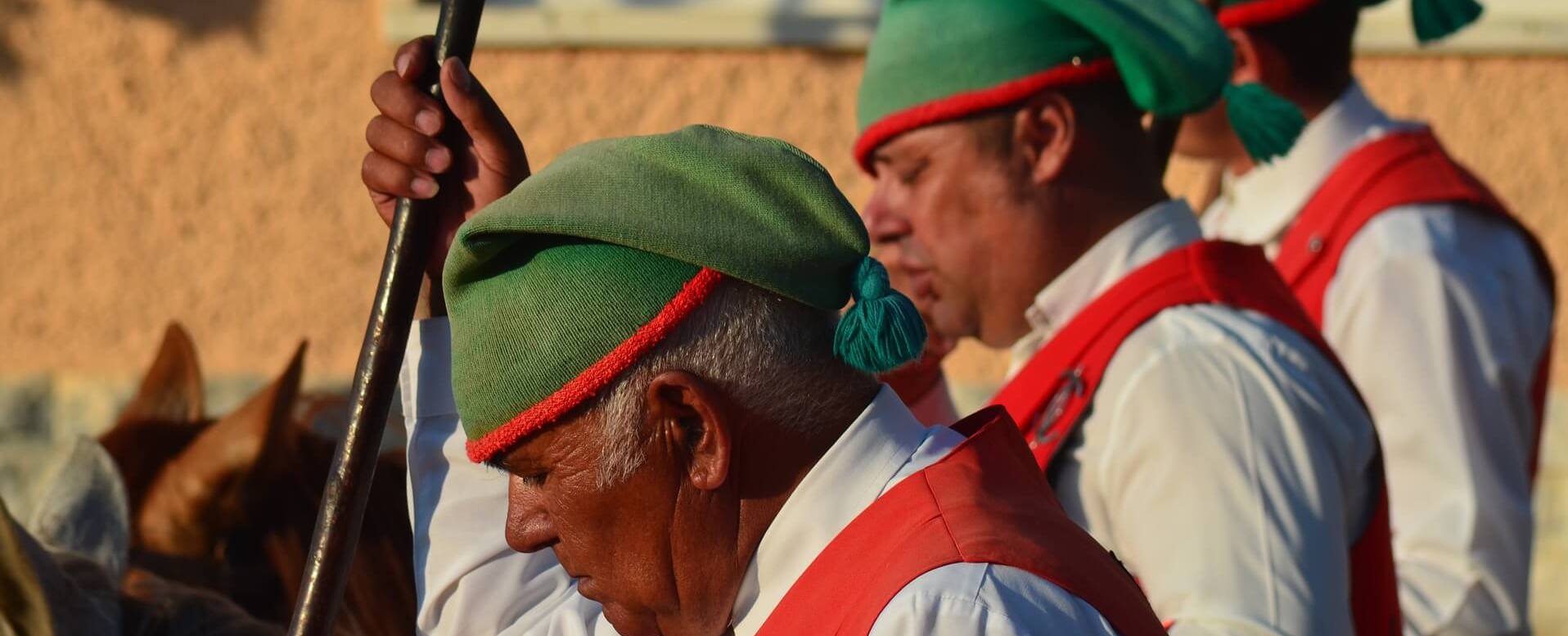It is essential to know the history of the country you wish to visit, in order to better understand its functioning and specificities. The history of Portugal is captivating and today explains much of its current status. Architecture, art, construction of cities... the Spanish and Moorish influences are still expressed now and have helped to build the Portugal that we know today. Go back in time and discover Portugal through the ages and time.
The first people to settle on the peninsula were Celtiberian people, who gradually formed colonies of Greek merchants. In 130 BC the place was called Lusitania in reference to the Lusitanians, the majority local people on the territory.
In 711, the Moors occupied the Iberian Peninsula. This is an important period because these people brought a lot to the country which is still visible throughout Portugal.
In 1143 the kingdom of the "Portucale" was born with the Treaty of Zamora established by Count Afonso Henriques. He became the first king of Portugal. Then in 1249, the kingdom gradually built its borders, and it turns out that at that moment, Portugal was the oldest nation-state of the world. In 1249, Alfonso III took over the Algarve from the Moors and gave Portugal its present borders.
The 15th century was the period of great discoveries for Portugal. Indeed, in 1415, Henry the Navigator, known as "Prince of Sagres" launched expeditions in Africa, especially Madeira and the Azores.
In 1494 Portugal and Spain signed the Treaty of Tordesillas to share the new world to be discovered in the West of Africa. But the year of consecration was in 1498 when Vasco de Gama discovered the famous Maritime Route of the Indies. Portugal's commercial expansion is thus outlined.
However, in 1580 Spain annexed Portugal and Felipe II of Spain became king of Portugal. But after 60 years of Spanish occupation, independence was finally restored. In 1910 the Republic was proclaimed, the Monarchy was abolished and the Church separated from the State. In 1926 the military dictatorship was established, which lasted until 1974 with the Carnation Revolution.
In 1976 a New Democratic Constitution was adopted. Portugal returned to the European Union in 1986. The consecration for the country was in 1994 when Lisbon was crowned "European Capital of Culture", then it was Porto's turn in 2001.
